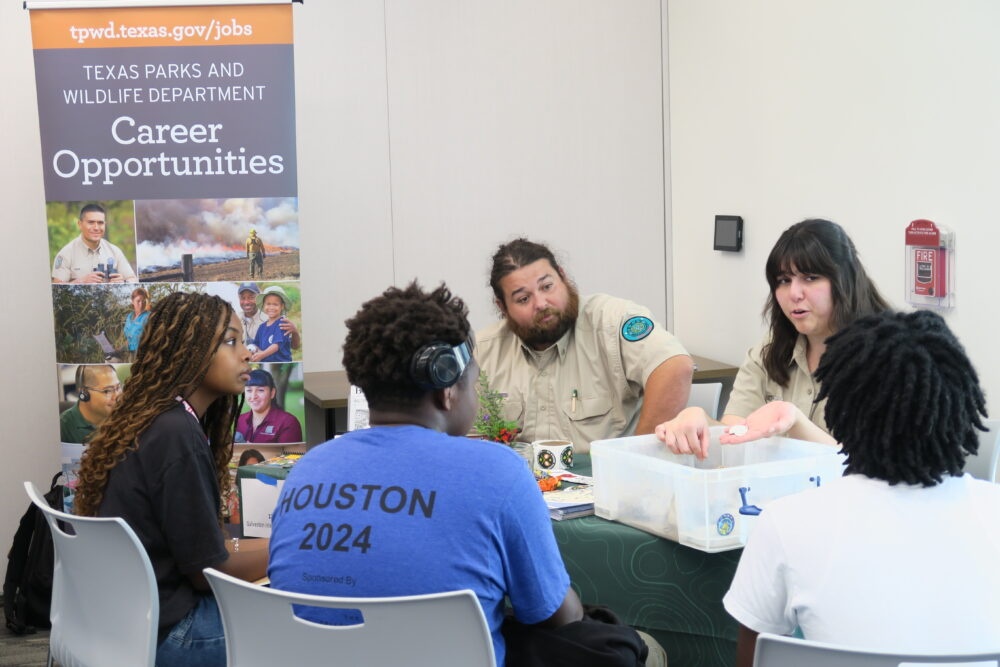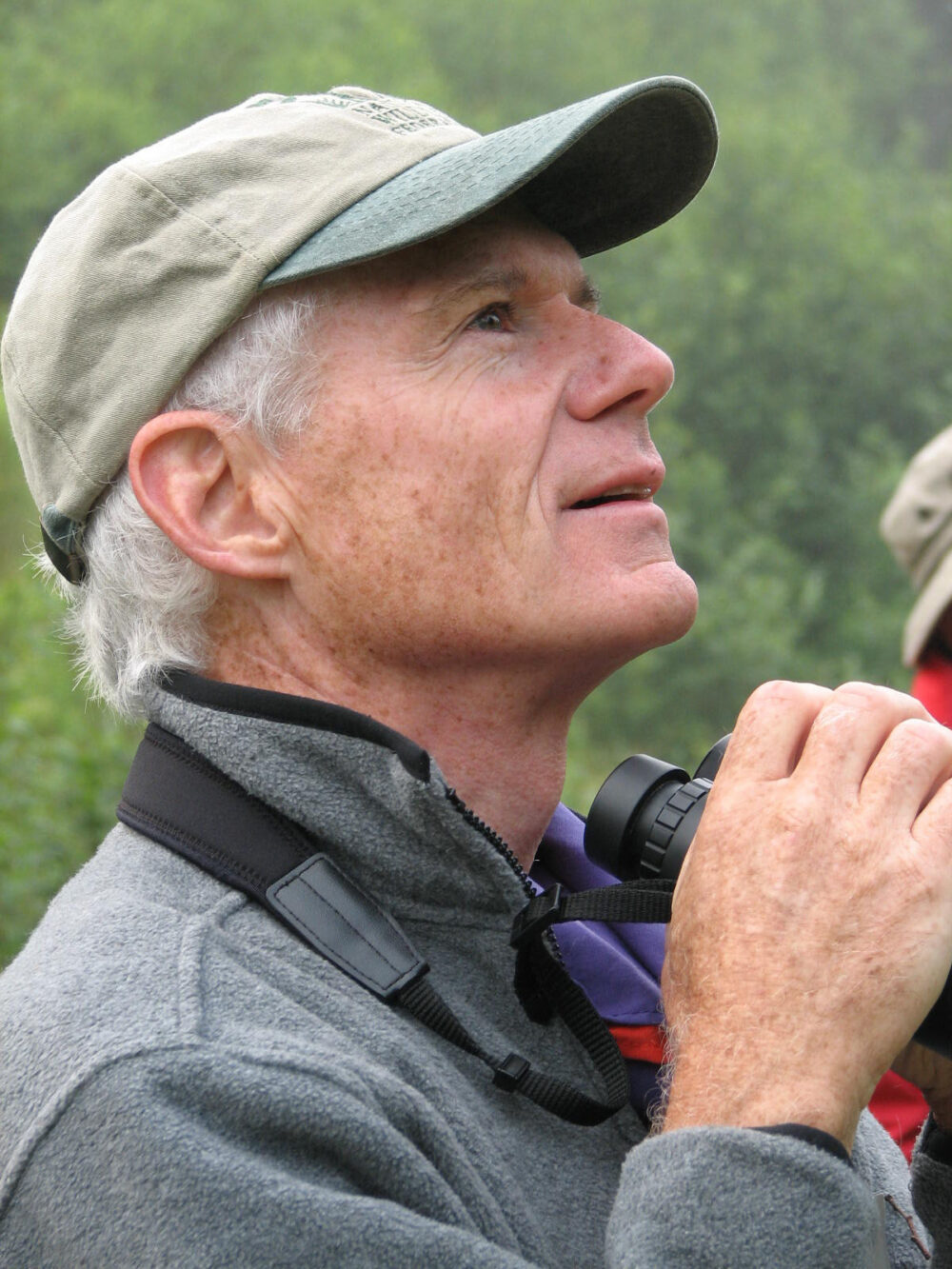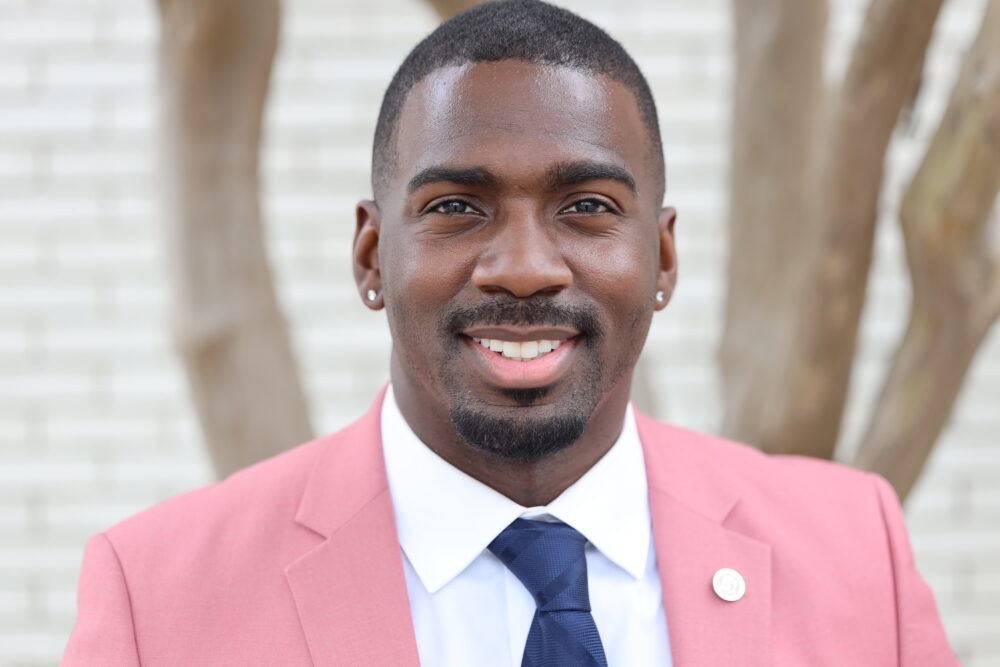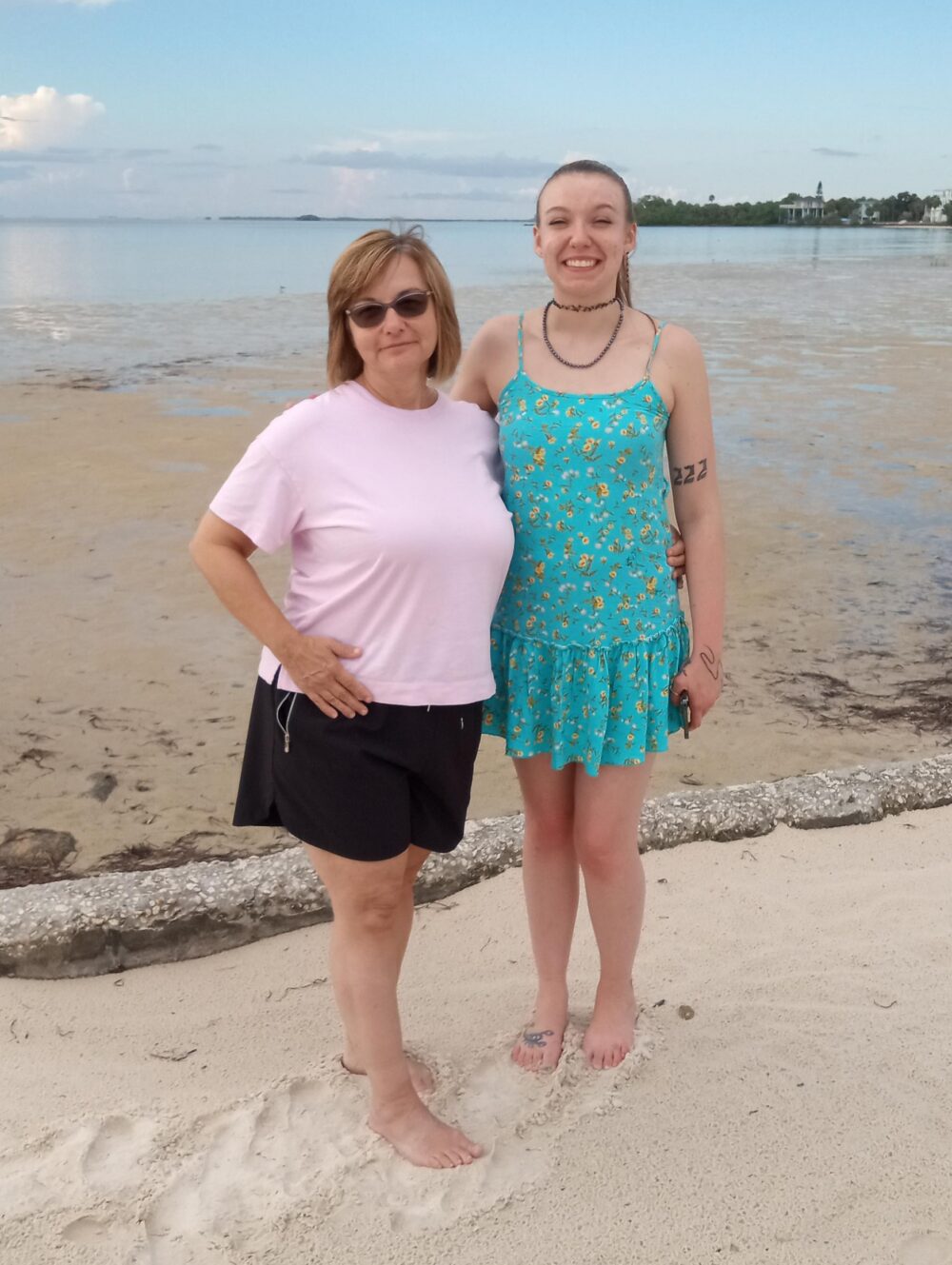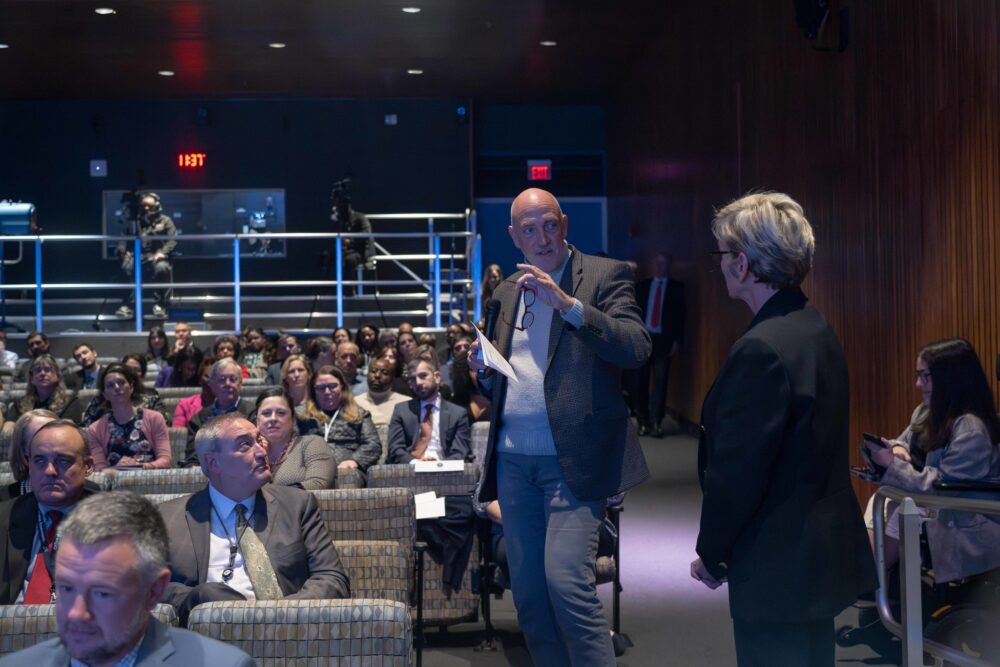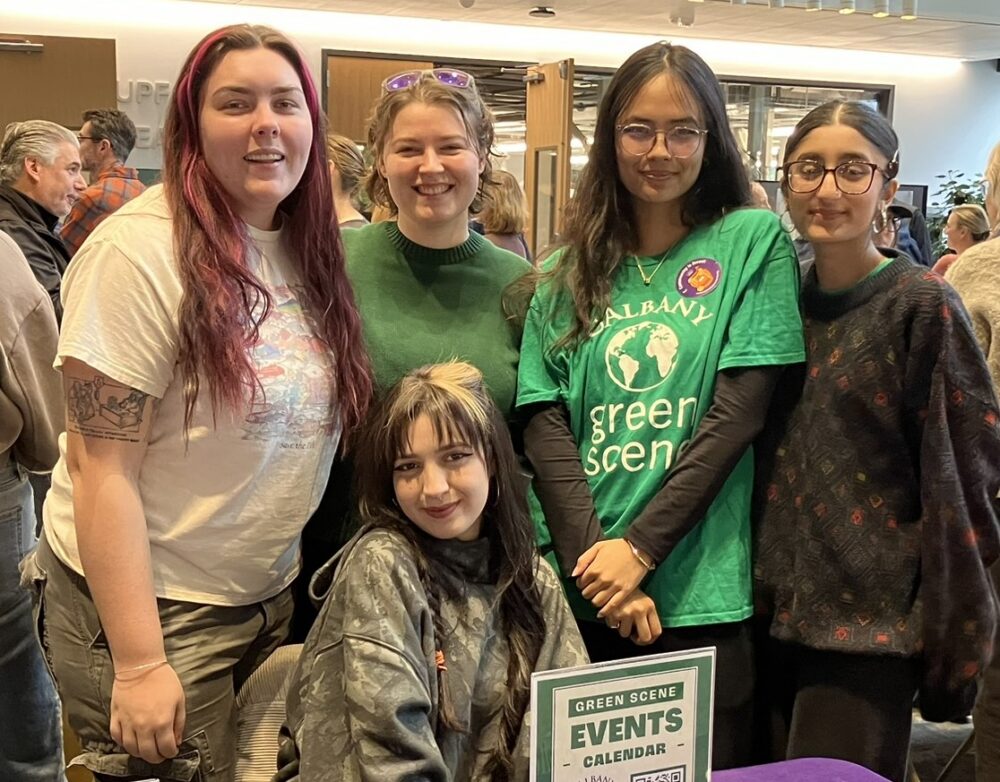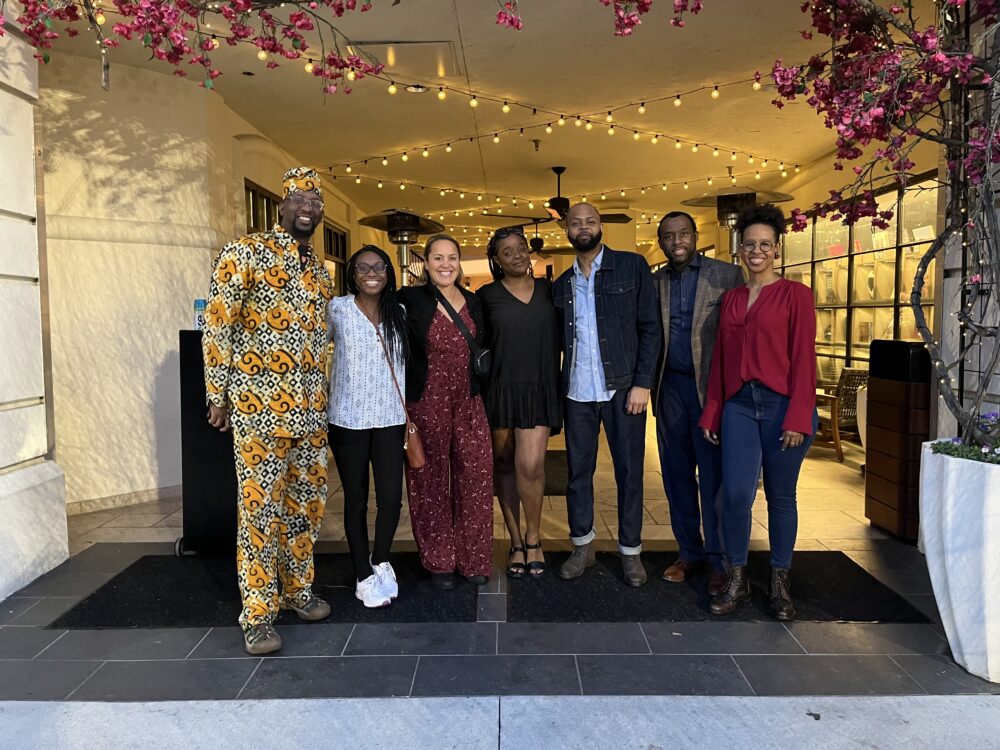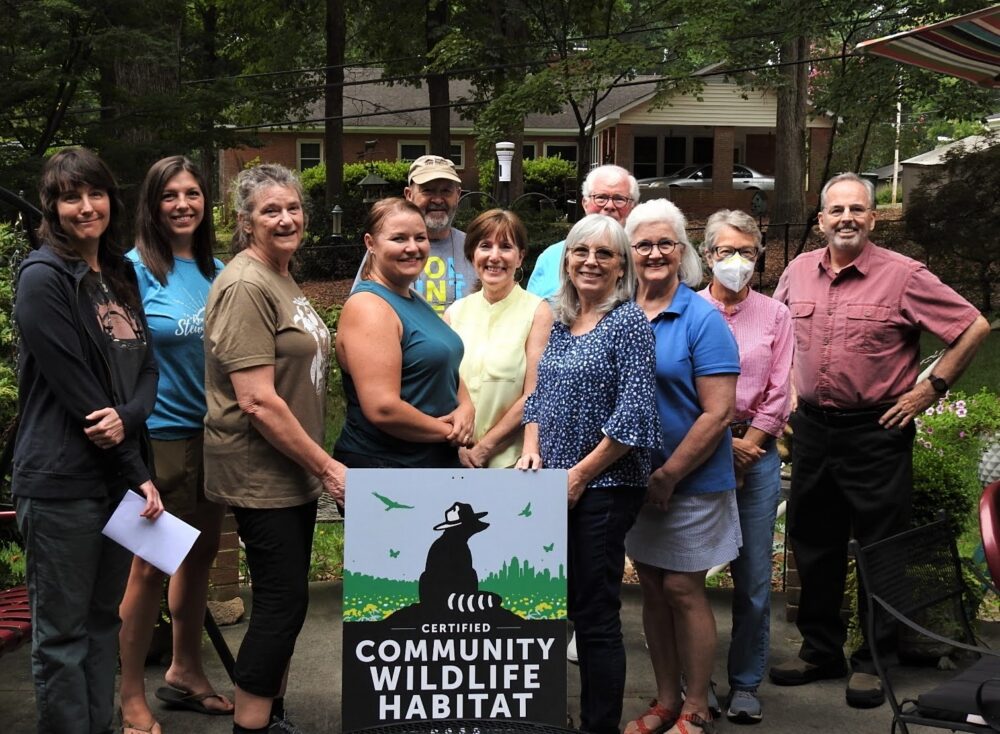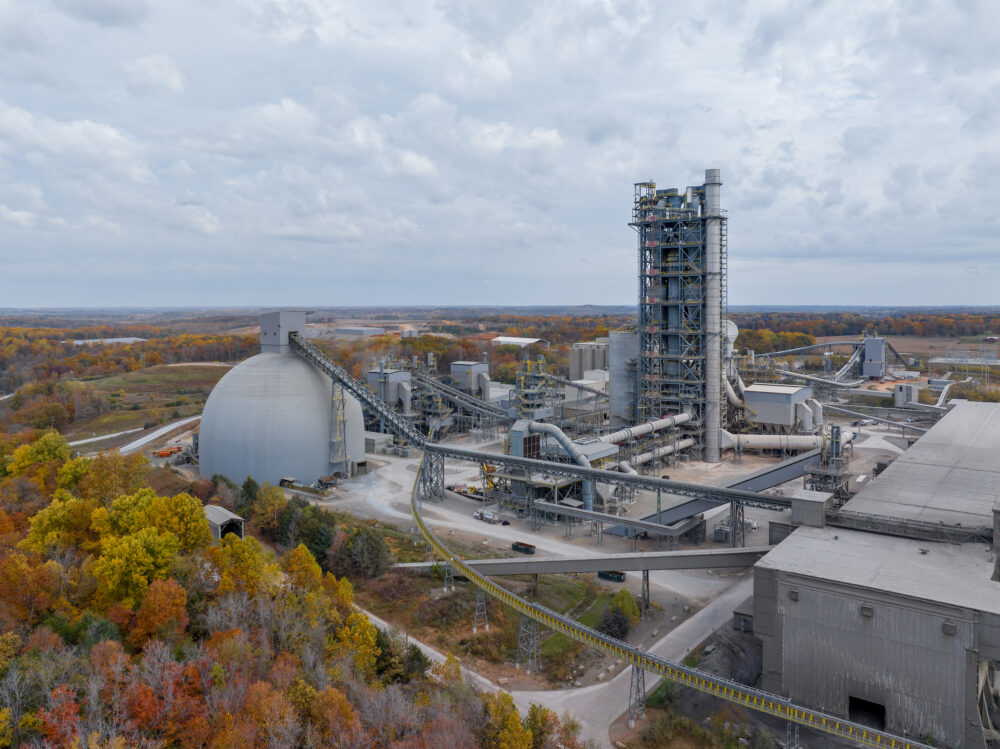We have much more to do and your continued support is needed now more than ever.
Georgia’s Amendment 1 Will Secure Environmental Funds and More
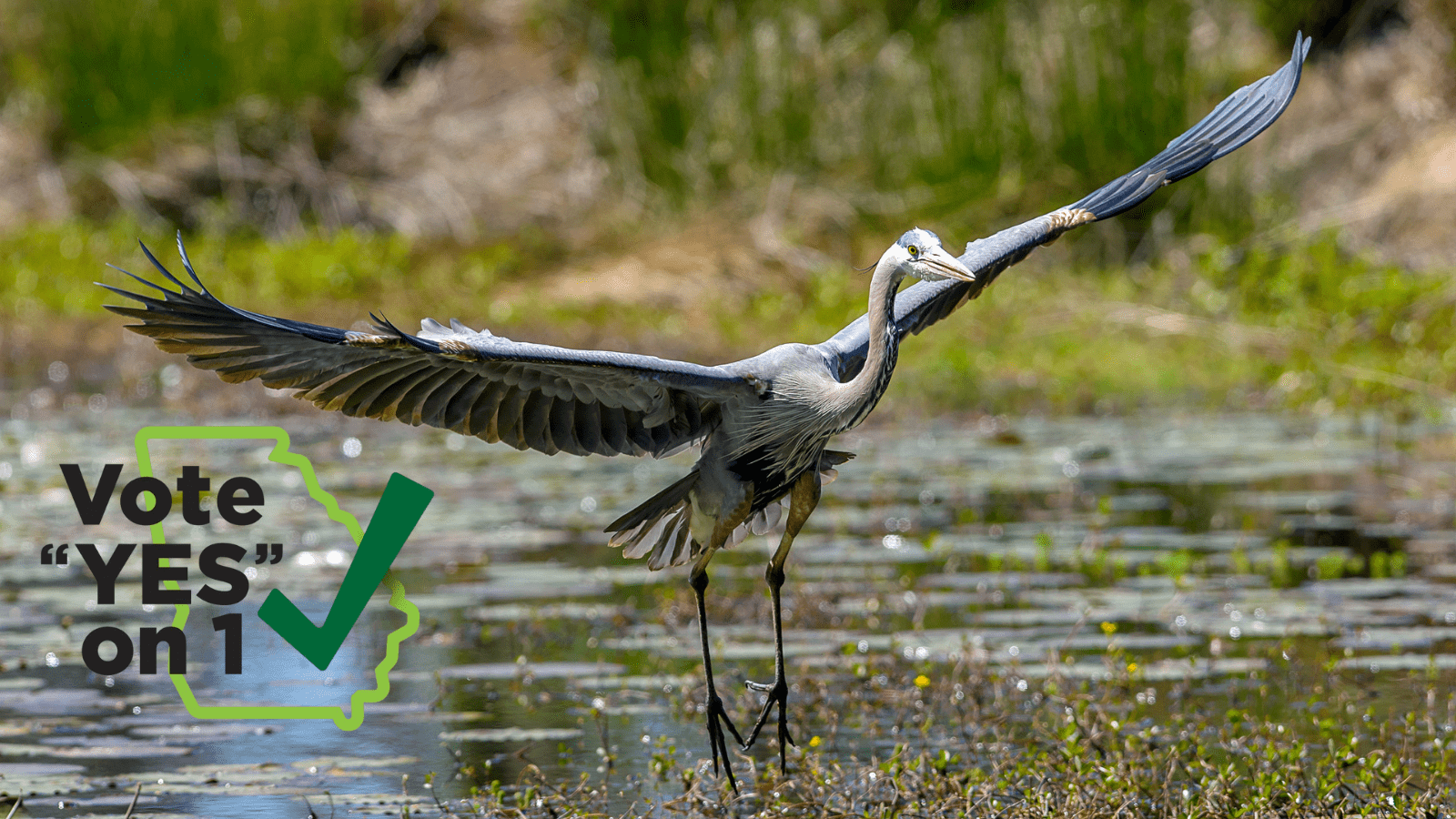
Georgia is a beautiful state full of a variety of natural resources from the coastal habitats in the southeast part of the state to the Appalachian Mountains in the northern stretches. But amongst the scenic terrain, there are hundreds of hazardous waste sites jeopardizing the health of wildlife and communities. A funding program established decades ago to clean-up these sites has been raided year after year by lawmakers. This fall Georgians now have the opportunity to protect this important environmental program and others during this year’s election.
The List is Too Long
Astonishingly, Georgia’s Environmental Protection Division (EPD) identifies approximately 500 hazardous sites across 132 counties. These projects range from massive landfills to abandoned commercial properties with toxic chemicals left behind. Hazardous sites like these can pose a variety of dangers from possible explosions to contaminating waterways and water supplies with cancer-causing chemicals. But cleaning up these sites comes with a high price tag.
In the 1990s, lawmakers instituted a renewable state fee called the Hazardous Waste Trust Fund (HZWT) that is collected as part of waste disposal services. The fee was intended to fund cleaning up toxic sites throughout the states, but, by law, the money collected from the fee goes into the state’s general fund for allocation during budget negotiations. Unfortunately, lawmakers regularly redirect this revenue to other state agencies or programs—putting the lives of people and wildlife at risk. Despite the backlog of necessary clean-up projects, the Albany Harold reports that between 2009 and 2019 only $56.4 million was actually allocated to the cleanup fund even though the state actually collected more than $153.8 million from this fee. This incredibly important environmental program is short-changed year after year, jeopardizing the health of residents and wildlife near the toxic sites.
One of Many
Another important state environmental program, the Solid Waste Trust Fund, has collected millions in fees over the years. Similar to the Hazard Waste fund, the revenue collected from the fee was mostly allocated elsewhere during the state budgeting process. From 2009 to 2019, the funding program received less than a third of the money that was collected for it. Like the Hazardous Waste Trust Fund, it was established in the early 1990s to help deal with illegal tire dumps and support other waste programs like recycling. Last year it was used as a funding source to help extinguish the months-long landfill fire near the International airport in Atlanta that spewed toxic chemicals into the air.
Together both the Hazardous Waste Trust Fund and the Solid Waste Trust funds, only received $6.8 million of the $23 million that was raised for them last fiscal year. But the environmental programs were not the only fee-funded programs that have been diverted for years. The 9-1-1 fee on mobile service and a youth driver’s education meant to reduce fatalities have also seen their revenue disappear into the state pot.
The only true fix to protect these funds is through an amendment to the state constitution.
Transparency is Key

A growing number of concerned citizens argue that it’s a bait and switch to collect money for a specific use and then apply it to an entirely different agency or state expense. Unfortunately, Georgia’s constitution does not currently allow funds to be formally designated in a way that would protect them from re-allocating or misuse. While lawmakers may create Trust Funds, the revenue can technically be diverted elsewhere.
Amendment 1 will close the loophole through a constitutional amendment that secures all trust funds to be used for their intended purpose. Only in cases of another financial crisis can the funds be released to cover the state budget, but otherwise these funds are protected.
Our state affiliate, the Georgia Wildlife Federation, and their partners are asking for your support this election to close the funding loophole and vote “YES!” on Amendment 1.




